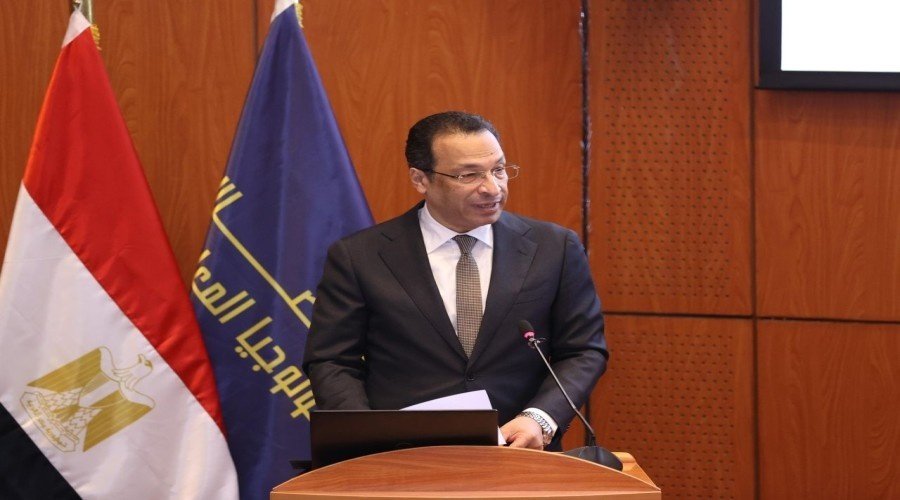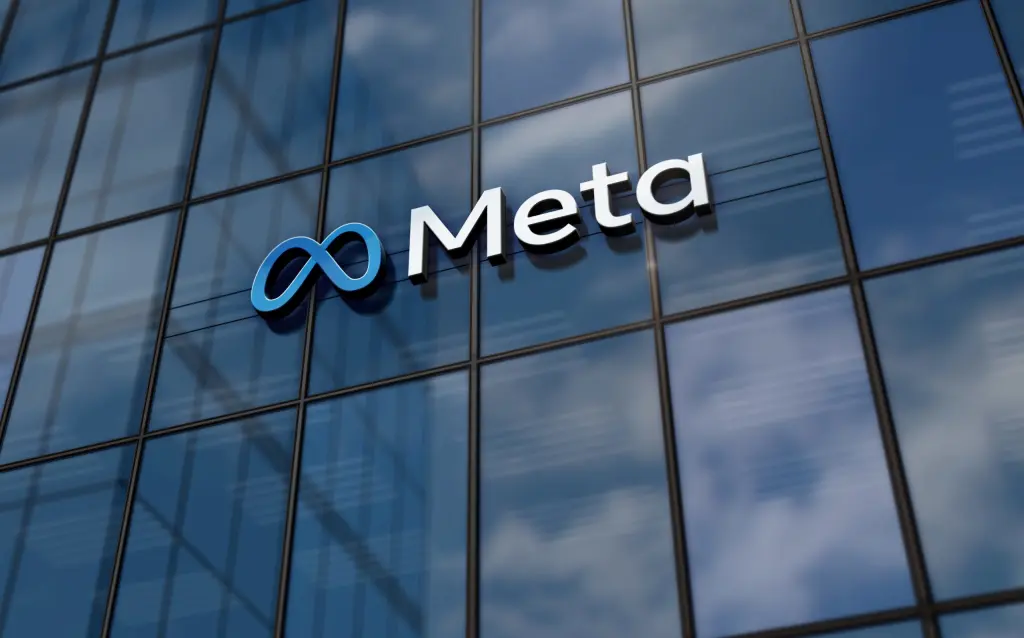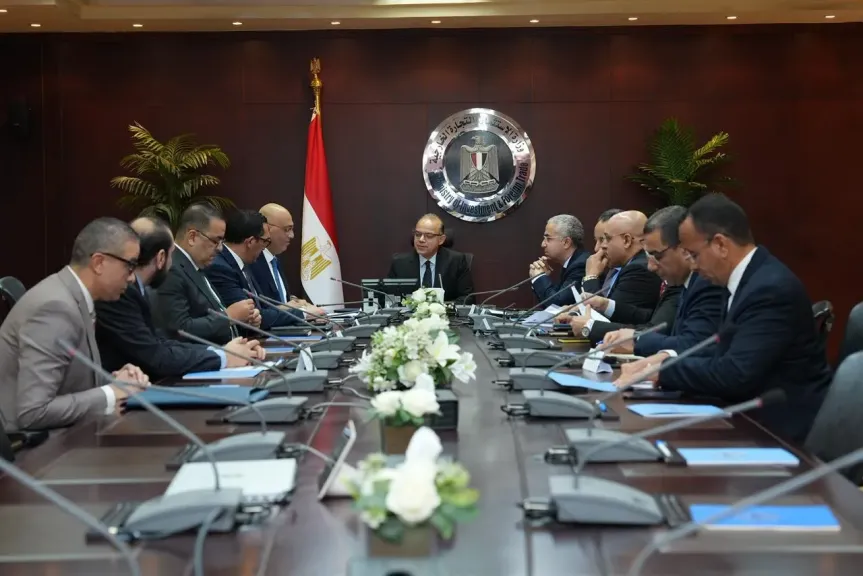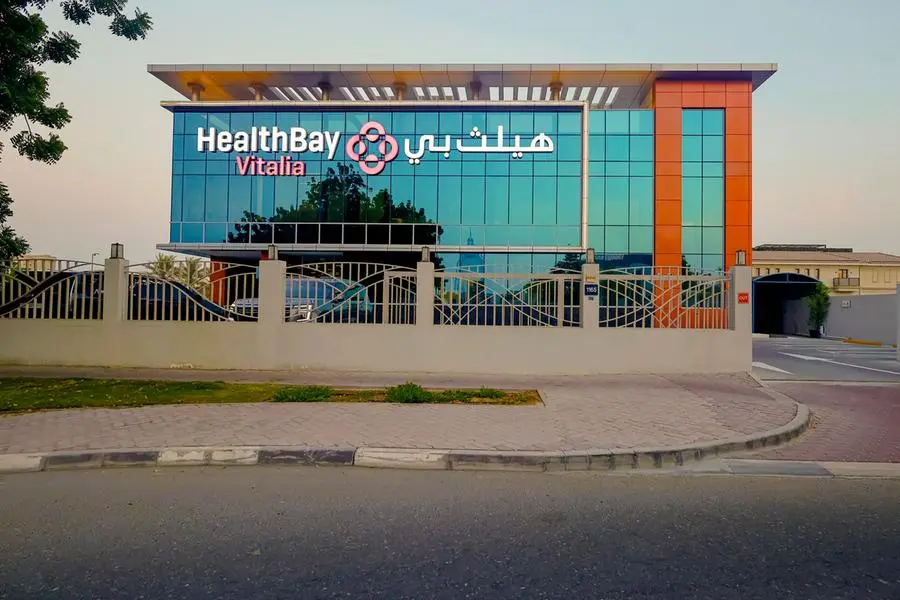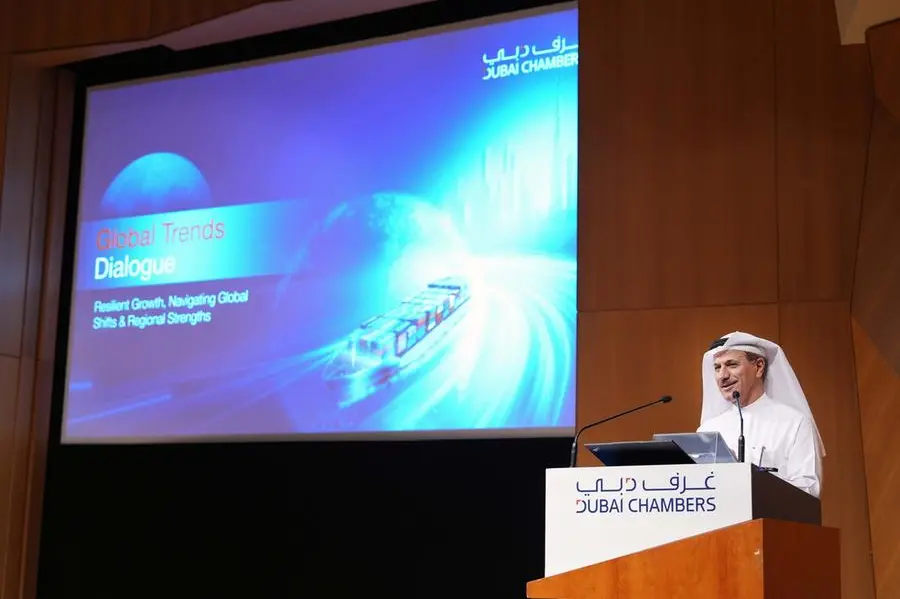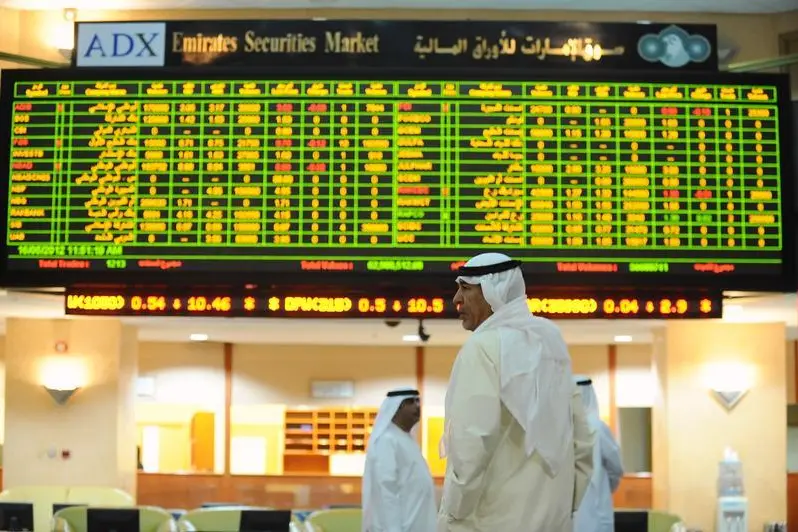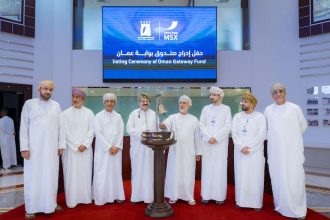The Dubai Department of Economy and Tourism (DET), in a strategic collaboration with the Dubai Free Zone Council, has launched the Free Zone Mainland Operating Permit, a new framework designed to break down barriers between Dubai’s free zone and mainland economies. The initiative provides a streamlined, low-risk pathway for free zone companies to expand their operations into the mainland, granting them access to new markets and lucrative government contracts previously reserved for onshore entities.
A Unified Approach to Business Operations
The new permit system is a direct outcome of the Dubai Executive Council Decision No. 11 of 2025 and a key component of the Dubai Economic Agenda, D33, which aims to double the size of the emirate’s economy by 2033. By simplifying cross-jurisdiction operations, Dubai aims to enhance its global competitiveness and create a more integrated and seamless journey for investors. Eligible free zone companies holding a Dubai Unified Licence (DUL) can apply for the permit through a fully digital process on the Invest in Dubai (IID) platform.
Ahmad Khalifa AlQaizi AlFalasi, CEO of the Dubai Business Registration and Licensing Corporation (DBLC), stated, “The launch of the Free Zone Mainland Operating Permit is a testament to Dubai’s visionary leadership and its aspiration to create the most seamless and business-ready city in the world. By simplifying cross-jurisdictional operations, we are enhancing ease of doing business while opening new avenues for growth, from domestic trading to government tenders.”
Unlocking New Commercial Opportunities
This initiative is set to significantly impact over 10,000 active companies based in Dubai’s free zones. It allows them to participate in domestic supply chains, engage in local trading, and bid for government tenders worth billions of dirhams annually. The DET projects the new framework will boost cross-jurisdictional business activity by 15-20% within its first year. Businesses that secure the permit can also utilize their existing staff for mainland activities, removing the need for additional hiring.
Dr. Juma Al Matrooshi, Assistant Secretary General at Dubai Free Zones Council, commented, “This initiative is closely aligned with the objectives of the Dubai Economic Agenda, D33, as it will further simplify business operations and open new pathways for companies to benefit from the many opportunities offered by Dubai’s dynamic economy. It will also support their journey of growth and expansion from their bases in the free zones.”
Framework, Costs, and Tax Implications
In its initial phase, the permit covers non-regulated commercial activities such as technology, consultancy, design, professional services, and general trading, with plans to expand to regulated sectors in the future. The Free Zone Mainland Operating Permit is priced at AED 5,000 and is valid for six months, with the option for renewal at the same fee. Companies operating on the mainland under this permit will be subject to a 9% corporate tax on revenues generated from these activities and must maintain separate financial records as per Federal Tax Authority (FTA) guidelines to ensure regulatory compliance and transparency.
About the Dubai Department of Economy and Tourism (DET)
With the ultimate vision of making Dubai the world’s leading commercial centre, investment hub and tourism destination, the Dubai Department of Economy and Tourism (DET) is mandated to support the Government in positioning the emirate as a major hub for global economy and tourism, and in boosting the city’s economic and tourism competitiveness indicators. Under this remit, DET is driving efforts to further enhance Dubai’s diversified, innovative service-based economy to attract top global talent, deliver a world-class business environment and accelerate productivity growth. DET is the principal authority for planning, supervising, developing and marketing Dubai’s business and tourism sectors.
Source: Zawya


